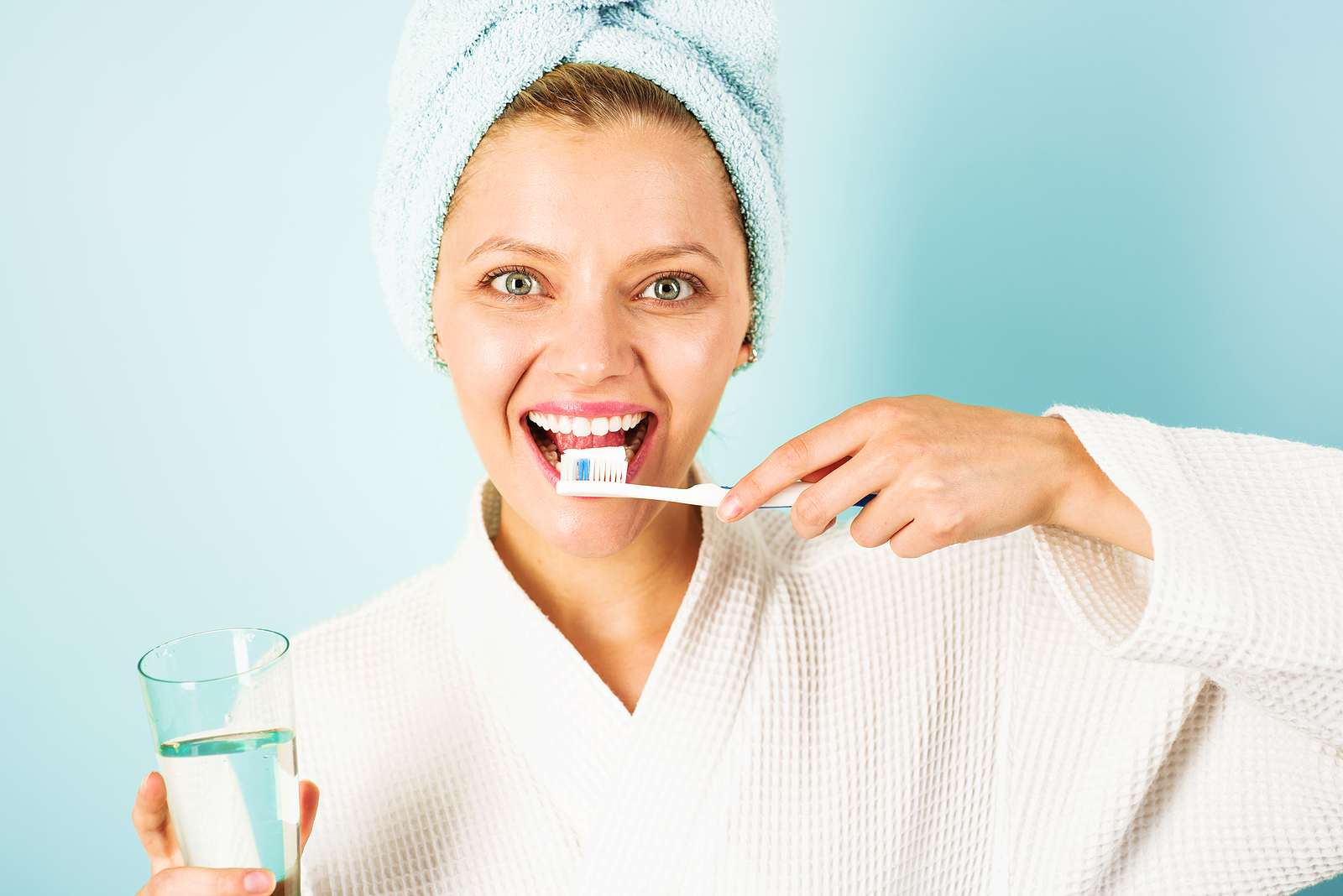How Do I Get Rid Of Bad Breath? Helpful Tips!
Bad breath, also known as halitosis, is characterized by an unpleasant odor emanating from the mouth. It can be a temporary or chronic condition and may be caused by various factors related to oral health, diet, lifestyle, or underlying medical conditions. Bad breath can be embarrassing and affect an individual's confidence and social interactions.
Some common causes of bad breath include:
- Poor Oral Hygiene: Bacteria naturally present in the mouth can multiply and produce foul-smelling compounds if oral hygiene practices such as brushing, flossing, and tongue cleaning are inadequate. Plaque buildup on the teeth, gums, and tongue can contribute to bad breath.
- Food and Drink: Certain foods and beverages with strong odors, such as onions, garlic, spices, coffee, and alcohol, can temporarily cause bad breath. These odors may linger in the mouth until they are fully digested and eliminated from the body.
- Dry Mouth (Xerostomia): Saliva plays a crucial role in cleansing the mouth, neutralizing acids, and rinse away food particles and bacteria. Reduced saliva flow, often due to factors such as dehydration, mouth breathing, medication side effects, or medical conditions, can lead to dry mouth and contribute to bad breath.
- Tobacco Use: Smoking or using tobacco products can cause persistent bad breath and increase the risk of gum disease and oral cancer. Tobacco products contain chemicals that leave a lingering odor in the mouth and negatively impact oral health.
- Gum Disease (Periodontal Disease):Chronic gum inflammation and infection, known as periodontal disease, can result in persistent bad breath. Bacteria in plaque and tartar buildup along the gumline release foul-smelling gases and toxins that contribute to halitosis.
- Dental Problems: Dental issues such as tooth decay, cavities, infected teeth, or poorly fitting dental appliances (e.g., dentures) can harbor bacteria and cause bad breath. Oral infections, abscesses, or oral surgery sites may also produce an unpleasant odor.
- Medical Conditions: Certain medical conditions or systemic diseases can contribute to bad breath, including respiratory infections, sinusitis, tonsil stones (tonsilloliths), gastroesophageal reflux disease (GERD), diabetes, liver or kidney disease, and dry socket following tooth extraction.
- Poor Diet and Digestive Issues:Digestive disorders such as acid reflux, gastritis, or stomach ulcers can cause bad breath due to the regurgitation of stomach acids and odors from the digestive system. Additionally, crash diets or low-carbohydrate diets that induce ketosis may result in foul-smelling breath.
To address bad breath, it's essential to identify and address the underlying cause. Practicing good oral hygiene habits, staying hydrated, consuming a balanced diet, avoiding tobacco use, and scheduling regular dental checkups can help prevent and alleviate bad breath. If bad breath persists despite these measures or is accompanied by other symptoms, it's advisable to consult with a dentist or healthcare provider for further evaluation and treatment. Call us to learn more.
Tips to eliminate bad breath or halitosis
Bad breath, also known as halitosis, is an unpleasant, lingering odor in the mouth. It can be caused by poor oral hygiene, but it can also be caused by other factors. Here are a few tips to eliminate bad breath or halitosis.
Brush Your Teeth Twice Daily
You should brush your teeth twice per day to avoid bad breath caused by bacteria in your mouth. This bacteria breaks down food particles to make acids that eat away tooth enamel and irritate your gums. By brushing immediately after meals and before bed, you can protect the surfaces of your teeth and help prevent buildup of plaque that causes bad breath. You should also brush your tongue with your toothbrush to get rid of any bacteria and freshen your breath.
Floss At Least Once A Day
The mouth is a breeding ground for billions of bacteria. Over time, these bacteria form plaque on and between teeth. If left unchecked, this plaque can turn into tartar which is impossible to remove with a toothbrush alone. This buildup of plaque and tartar can cause bad breath. Tartar also makes the gums more sensitive to gum disease. This is why it's necessary to use floss daily to remove all trapped particles between the teeth and under the gum line.
Brush Your Tongue
The tongue is a breeding ground for bacteria that cause bad breath. Adding a tongue cleaner to your oral hygiene routine can help remove odor-causing compounds from your mouth. Tongue cleaners come in many shapes and sizes, including a toothbrush-like head or a U-shaped scraper design with a handle. Simply place the cleaner on the back of your tongue and scrape forward to remove dirt, food particles, and dead cells. Rinse and repeat until you've removed all debris.
Clean Dentures Or Dental Appliances
If you have a removable appliance like dentures or a retainer, it's important to clean them often to keep them from smelling bad and to prevent bacteria buildup. Soak the devices in warm water and vinegar denture cleaner overnight to remove bacteria. Then brush them gently with a soft-bristled toothbrush.
Avoid Dry Mouth
It can be difficult to avoid dry mouth, especially if you're sick or have allergies. If you have a persistent dry mouth, talk to your dentist in Boise, Idaho about what you can do to relieve it. In the meantime, there are some things you can do at home to ease your discomfort. Suck on sugar-free hard candy and chew gum to stimulate saliva production. You can also drink plenty of water to help moisturize your mouth and keep your mouth moist.
Regularly Get A New Toothbrush
Bacteria build up on toothbrushes over time and can cause your oral care routine to be less effective than it once was. For this reason, dentist in 83704 recommends that you replace your toothbrush every three months for the best results.
Schedule Regular Dental Checkups
It is important to schedule regular dental checkups every six months. During the checkup, the dentist will thoroughly examine your teeth and gums for signs of damage and decay. He or she will also check for the presence of gum disease and oral cancer. Professional cleanings are also necessary to remove plaque buildup from areas that are hard to reach with a toothbrush or floss. The dentist may also prescribe toothpaste and rinses that combat bad breath. These specialized products contain ingredients that mask odors caused by sulfur-producing bacteria in the mouth.
To find out more about the dental services offered at Ustick Dental Office, call (208) 375-8720 or schedule an online consultation. You can also visit the dentist in Boise, ID, at 9733, W Ustick Rd, Boise, ID 83704.












0 comments